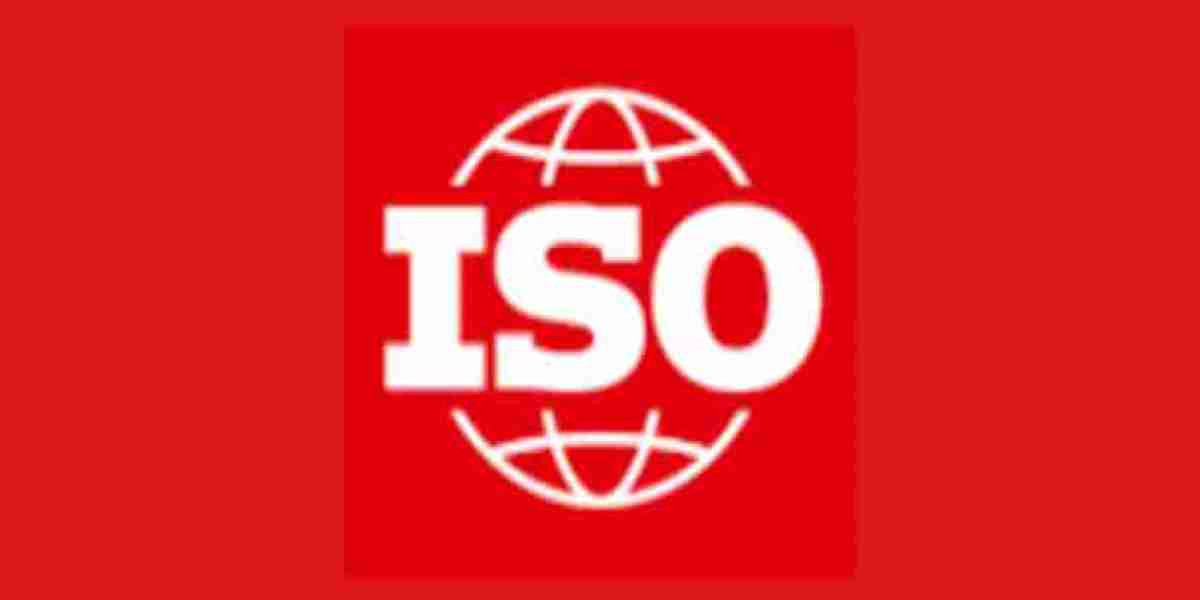I. Introduction
A. Overview of ISO 27001 and Its Importance in Information Security
ISO 27001 is an internationally recognized standard for Information Security Management Systems (ISMS). It provides a structured framework to protect sensitive data from cyber threats, unauthorized access, and breaches. Organizations across industries implement ISO 27001 to ensure data confidentiality, integrity, and availability. With increasing cyber risks, businesses need a robust security approach to safeguard their digital assets, making ISO 27001 an essential certification for ensuring data protection and risk management.
B. Growing Cybersecurity Threats and the Need for a Structured Security Framework
The digital landscape is evolving, but so are cyber threats. Businesses face challenges such as phishing attacks, malware, and data leaks that can lead to financial losses and reputational damage. A structured security framework like iso 27001 certification provides organizations with policies, procedures, and controls to identify vulnerabilities, mitigate risks, and respond to security incidents effectively. Adopting this standard helps companies build resilience against evolving cyber threats.
C. How ISO 27001 Helps Businesses Protect Sensitive Information
ISO 27001 is designed to systematically secure business information, whether in digital or physical format. The certification helps companies assess potential security risks, implement security measures, and establish a culture of continuous improvement. By following ISO 27001 guidelines, organizations can prevent data breaches, avoid penalties from regulatory non-compliance, and enhance customer confidence by demonstrating commitment to information security.
II. Understanding ISO 27001 Certification
A. Definition and Scope of ISO 27001 Certification
ISO 27001 certification is a formal recognition that an organization has implemented an effective ISMS in compliance with the ISO 27001 standard. The certification applies to companies of all sizes and sectors, covering areas such as data encryption, access control, and incident management. It ensures organizations adopt a risk-based approach to protect their information assets from security threats.
B. Key Components of an Information Security Management System (ISMS)
An ISMS is the backbone of ISO 27001 certification, ensuring that security controls and policies are systematically managed. Key components include risk assessment, security policies, access controls, asset management, and incident response planning. Regular audits and employee training programs are also crucial to maintaining an effective ISMS that aligns with business objectives.
C. How ISO 27001 Aligns with Global Cybersecurity Best Practices
ISO 27001 aligns with international cybersecurity frameworks like NIST, GDPR, and SOC 2. Organizations implementing ISO 27001 benefit from globally recognized security protocols, reducing compliance risks across different regions. By following best practices, companies can streamline security processes, improve cross-border data protection, and enhance their overall cybersecurity posture.
III. Benefits of ISO 27001 Certification
A. Strengthening Information Security and Data Protection
ISO 27001 certification enables businesses to implement strong security measures, ensuring data remains protected from cyber threats. Encryption, access control, and regular security audits help organizations safeguard confidential information. By proactively addressing vulnerabilities, companies can reduce the risk of cyberattacks and data breaches, ultimately enhancing security resilience.
B. Enhancing Customer Trust and Business Credibility
Organizations that achieve ISO 27001 certification demonstrate a commitment to data security, increasing customer trust. Clients, partners, and stakeholders prefer working with businesses that adhere to global security standards. The certification serves as proof that an organization values data protection, which can lead to better business opportunities and stronger market reputation.
C. Ensuring Regulatory Compliance with Global Standards
Many industries have strict regulatory requirements for data security, such as GDPR, HIPAA, and PCI DSS. ISO 27001 helps organizations meet these compliance mandates by providing a structured framework for managing information security risks. Achieving certification reduces the likelihood of fines, legal issues, and operational disruptions caused by non-compliance.
IV. ISO 27001 Certification Process
A. Initial Risk Assessment and Gap Analysis
Before implementing ISO 27001, organizations conduct a risk assessment to identify vulnerabilities in their information security systems. A gap analysis helps evaluate the current security posture and highlights areas needing improvement. This step is crucial in designing an ISMS that effectively mitigates identified risks.
B. Implementation of ISMS Policies and Procedures
Based on risk assessment findings, organizations develop and implement security policies and procedures aligned with ISO 27001 requirements. This includes access controls, incident management strategies, data encryption, and employee awareness training. A well-defined ISMS ensures systematic risk management and continuous security enhancement.
C. Certification Audit and Ongoing Compliance Monitoring
After implementing the ISMS, a certification body conducts an external audit to assess compliance with ISO 27001 standards. Upon successful completion, organizations receive ISO 27001 certification. To maintain compliance, companies must undergo regular surveillance audits, continuously improving their security measures.
V. Key Requirements of ISO 27001
A. Establishing an Information Security Policy
A strong information security policy is the foundation of ISO 27001 compliance. Organizations must define clear security objectives, assign responsibilities, and establish protocols for protecting sensitive information. The policy should align with business goals while addressing legal and regulatory requirements.
B. Conducting Risk Management and Mitigation Strategies
Risk management is a core requirement of ISO 27001. Organizations must identify, assess, and prioritize security threats. Implementing risk mitigation strategies, such as multi-factor authentication, firewalls, and backup solutions, helps prevent unauthorized data access and breaches.
C. Implementing Continuous Monitoring and Improvement Processes
ISO 27001 emphasizes continuous improvement through regular monitoring, audits, and security assessments. Organizations must review their ISMS periodically to identify weaknesses and enhance security controls. Employee training and incident response drills help maintain security awareness.
VI. Selecting an ISO 27001 Certification Body
A. Criteria for Choosing an Accredited Certification Body
Organizations should select an ISO 27001 certification body accredited by recognized authorities like UKAS or ANAB. A reputable certification provider ensures compliance with international standards and credibility in the certification process.
B. The Role of Auditors in the Certification Process
Auditors assess an organization’s ISMS effectiveness, identifying strengths and weaknesses. Their role is crucial in ensuring that security controls meet ISO 27001 requirements, helping companies achieve successful certification.
C. Importance of Post-Certification Audits and Renewals
Maintaining ISO 27001 certification requires regular surveillance audits and re-certification every three years. Continuous monitoring ensures organizations remain compliant, adapting to emerging security threats.
VII. Conclusion
A. Recap of Why ISO 27001 Is Vital for Modern Businesses
ISO 27001 certification is crucial for organizations to protect data, manage risks, and build customer trust. It provides a structured approach to information security, helping businesses prevent cyber threats.
B. Encouragement for Organizations to Adopt ISO 27001
Companies should consider ISO 27001 to enhance security resilience and compliance. Implementing a strong ISMS ensures data protection and operational efficiency.
C. Final Thoughts on Strengthening Cybersecurity Resilience
Investing in ISO 27001 certification strengthens cybersecurity defenses, reducing vulnerabilities. Businesses that prioritize data security gain a competitive edge, fostering long-term success.










